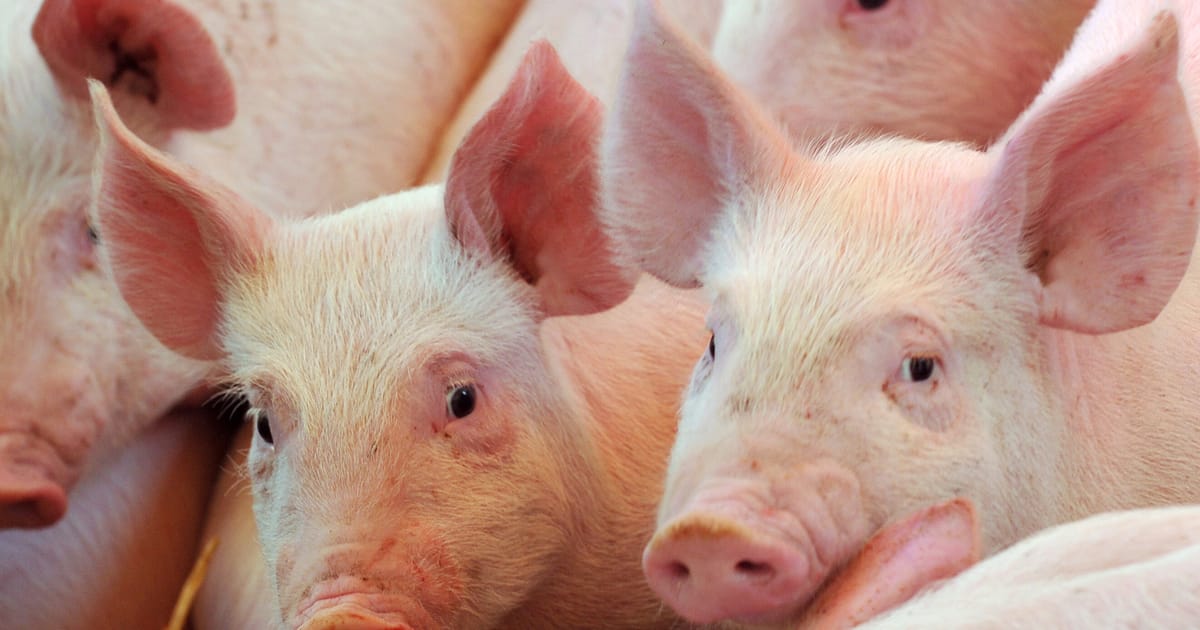Beijing’s threat of tariffs on EU agricultural imports comes as trade volumes are already falling.
It’s crunch time.
The European Commission is days away from concluding an investigation into Chinese state aid to its booming electric vehicle industry. And Beijing is warning that any import tariffs that the EU imposes will trigger a swift response, vaulting beyond a mooted levy on French brandy imports to hammer European agriculture as a whole.
Pork and dairy are first at the plate, according to the state-owned Global Times. Over the last two weeks, it has reported that the Chinese government is considering anti-dumping probes into imports of both foods, which in 2023 accounted for nearly €5 billion — a quarter of EU agri-food exports to the Asian giant and 2 percent of total exports.
They could always stop torturing pigs to death and feeding their lard to a population riddled with chronic illness.
This is the best summary I could come up with:
“The Commission needs to make sure that we don’t pick up the bill for this dispute,” said Ksenija Simovic, senior policy adviser for trade at Copa-Cogeca, Europe’s largest farmer lobby.
One reason is the size China has: The sheer volume of the Chinese market is so big, that no one can ignore” it, said Joris Coenen, manager at the Belgian Meat Office, an export coordinating body.
“The second reason … is that we can sell products at the kilo price in China that in the internal market are practically considered waste — the byproducts, what we call the ‘offal,’” Coenen told POLITICO.
Cheaper Brazilian and U.S. protein is already cutting into Europe’s margins, complained Coenen, and EU producers can’t easily redirect volume to emerging markets like Vietnam and the Philippines.
In threatening higher pork duties, Beijing is also “piggybacking”: trying to profit from a step they might take anyway due to domestic oversupply, said Jacob Gunter, lead analyst on economy for the Mercator Institute for China Studies (MERICS).
Given that politicians are still wincing at the memory of this year’s spate of farm protests, Beijing has been smart to menace agriculture so close to a European parliamentary election, argued Gunter at MERICS.“Farmers always vote and they’re very sensitive to even small disruptions in the prices of what they’re selling,” he said.
The original article contains 842 words, the summary contains 218 words. Saved 74%. I’m a bot and I’m open source!



